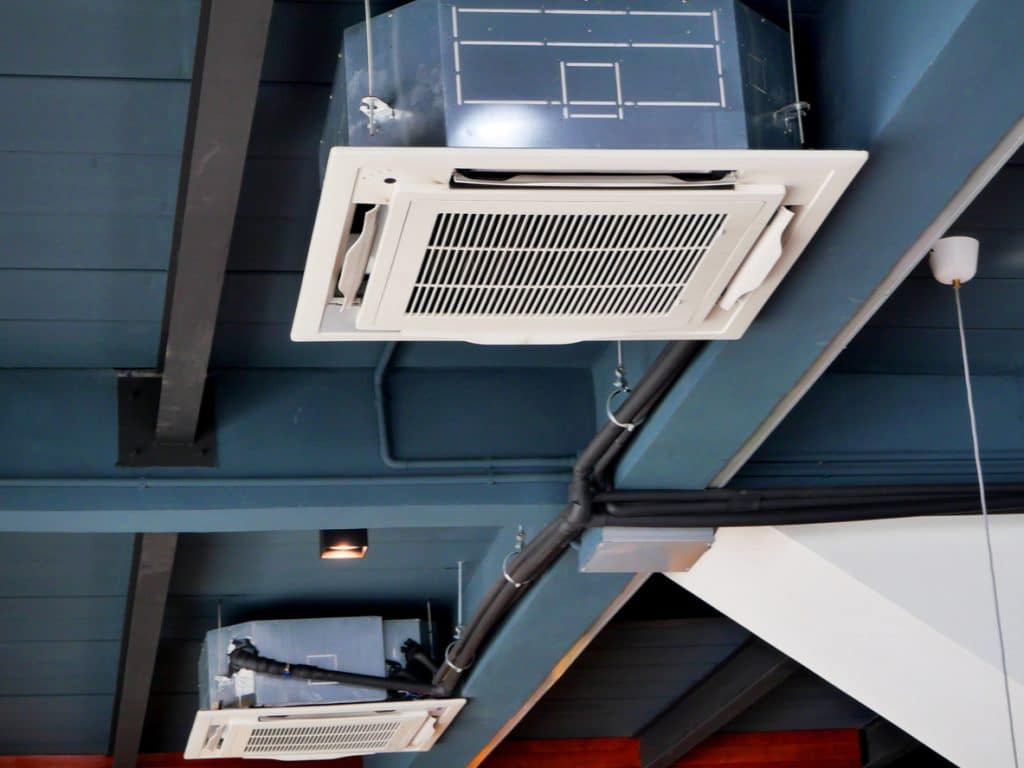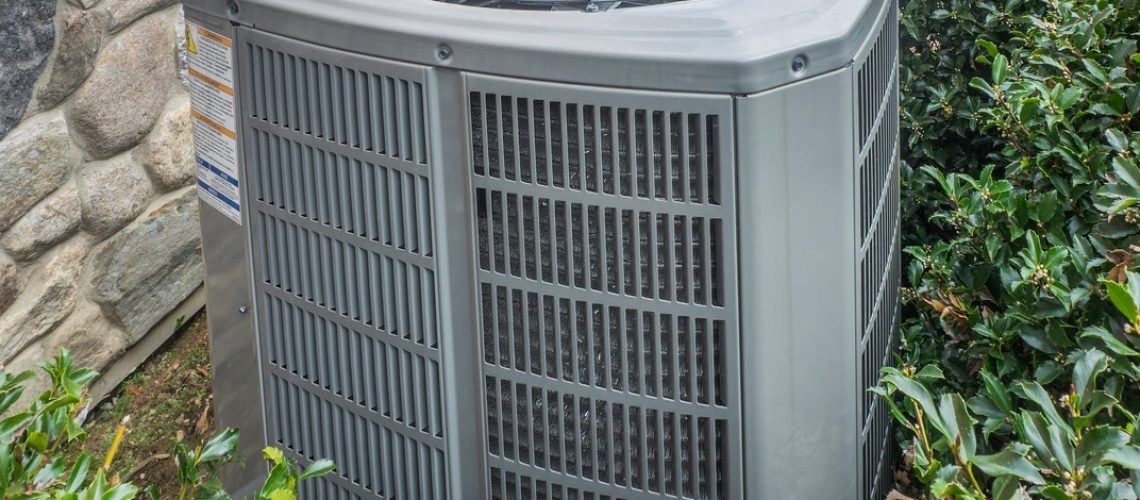Exploring Different Types of HVAC Systems
Heating, Ventilation, and Air Conditioning (HVAC) systems are the unsung heroes of our modern indoor environments. They provide comfort, regulate temperature, and maintain air quality, making our homes, offices, and commercial spaces habitable and pleasant. However, not all HVAC systems are created equal. There are various types designed to suit different needs and preferences.
Begin to understand the different types of HVAC types from heating companies in Calgary by exploring the differing systems and their key features.
1. Split HVAC Systems
Split HVAC systems are one of the most common types and consist of two main components: an indoor unit and an outdoor unit. Here’s how they work:
- Indoor Unit: The indoor unit contains the evaporator coil and the air handler. It is usually installed inside the building, often in a closet or attic.
- Outdoor Unit: The outdoor unit houses the compressor and the condenser coil. It is placed outside the building, typically on a concrete pad or mounted on brackets on the wall.
Key Features:
- Split systems are versatile and can be used for both heating and cooling.
- They are energy-efficient and can provide precise temperature control.
- Installation can be more straightforward than some other types of HVAC systems.
2. Ductless Mini-Split Systems
Ductless mini-split systems are similar to split systems but don’t require ductwork. Instead, they consist of individual units installed in each room or zone. Here’s why they’re popular:
· Individual Control: Each indoor unit can be controlled independently, allowing for precise temperature control in different areas of the building.
- Energy Efficiency: Because there are no ducts, there is less energy loss, making ductless mini-splits highly efficient.
- Easy Installation: Installation is relatively straightforward, especially if you’re retrofitting a building without existing ductwork.
3. Central HVAC Systems

Central HVAC systems are typically found in larger residential and commercial buildings. They use a network of ducts to distribute conditioned air throughout the space. Here’s what you need to know:
- Zoned Heating and Cooling: Central systems can be divided into zones, allowing different areas to be heated or cooled separately, which can save energy.
- Humidity Control: Central systems often include humidity control features, which can be essential for maintaining comfort.
- Cost: While central systems offer excellent comfort and convenience, they can be expensive to install, especially in existing buildings without ductwork.
4. Geothermal Heat Pumps
Geothermal heat pumps, also known as ground-source heat pumps, utilize the Earth’s constant temperature to provide heating and cooling. They work by circulating a refrigerant through underground loops. Here are the advantages:
- Energy Efficiency: Geothermal systems are highly efficient and can reduce energy consumption significantly.
- Low Operating Costs: Once installed, geothermal systems have lower operating costs compared to traditional HVAC systems.
- Environmental Benefits: They have a smaller carbon footprint and are more environmentally friendly.
- Installation Challenges: The installation can be more complex and expensive due to the excavation required for the underground loops.
5. Packaged HVAC Systems
Packaged HVAC systems are self-contained units that house all components in a single cabinet. These are often used in commercial buildings and some residential applications. Key features include:
- Space Saving: Packaged systems are ideal when space is limited, as they don’t require separate indoor and outdoor units.
- Ease of Installation: Installation is usually straightforward, as everything is contained within a single unit.
- Less Energy-Efficient: Packaged systems may be less energy-efficient than split systems, as they can be less insulated and more exposed to outdoor conditions.
6. Hybrid HVAC Systems
Hybrid HVAC systems combine two different heating and cooling sources to maximize efficiency. Typically, they pair a traditional furnace or boiler with an electric heat pump. Here’s why they’re worth considering:
- Energy Savings: Hybrid systems automatically switch between the two heat sources based on outdoor conditions and electricity costs, optimizing efficiency.
- Year-Round Comfort: These systems provide efficient heating in winter and cooling in summer.
- Cost Savings: Over time, hybrid systems can help reduce energy bills and pay for themselves.
7. Radiant Heating and Cooling Systems
Radiant heating and cooling systems are gaining popularity for their comfort and energy efficiency. Instead of blowing hot or cold air through ducts, they use pipes or electric cables embedded in floors, walls, or ceilings to radiate heat or coolness. Key benefits include:
- Comfort: Radiant systems provide uniform temperature distribution and can eliminate drafts and hot/cold spots.
- Energy Efficiency: They are highly efficient because there is no energy loss through ductwork.
- Aesthetic Appeal: Radiant systems are hidden beneath the surface, so there are no visible components like radiators or vents.
Each type of HVAC system has its advantages and disadvantages, and the choice depends on factors like building size, budget, energy efficiency goals, and regional climate. Consulting with an HVAC professional from any heating companies in Calgary can help you determine the best system for your specific needs. Regardless of the type you choose, a well-maintained HVAC system will ensure a comfortable and pleasant indoor environment for years to come.
When you need plumbing and heating services in Calgary, turn to Western Canadian Furnace Company Ltd. From dealing with AC installation/repair, commercial duct cleaning, hot water tanks, drain cleaning and more – we are your go-to company when it comes to residential and commercial HVAC services in Calgary. With some of the most experienced technicians on hand, we use the most modern equipment to handle all your needs. Contact us at info@westcan4u or 403-531-6181.




